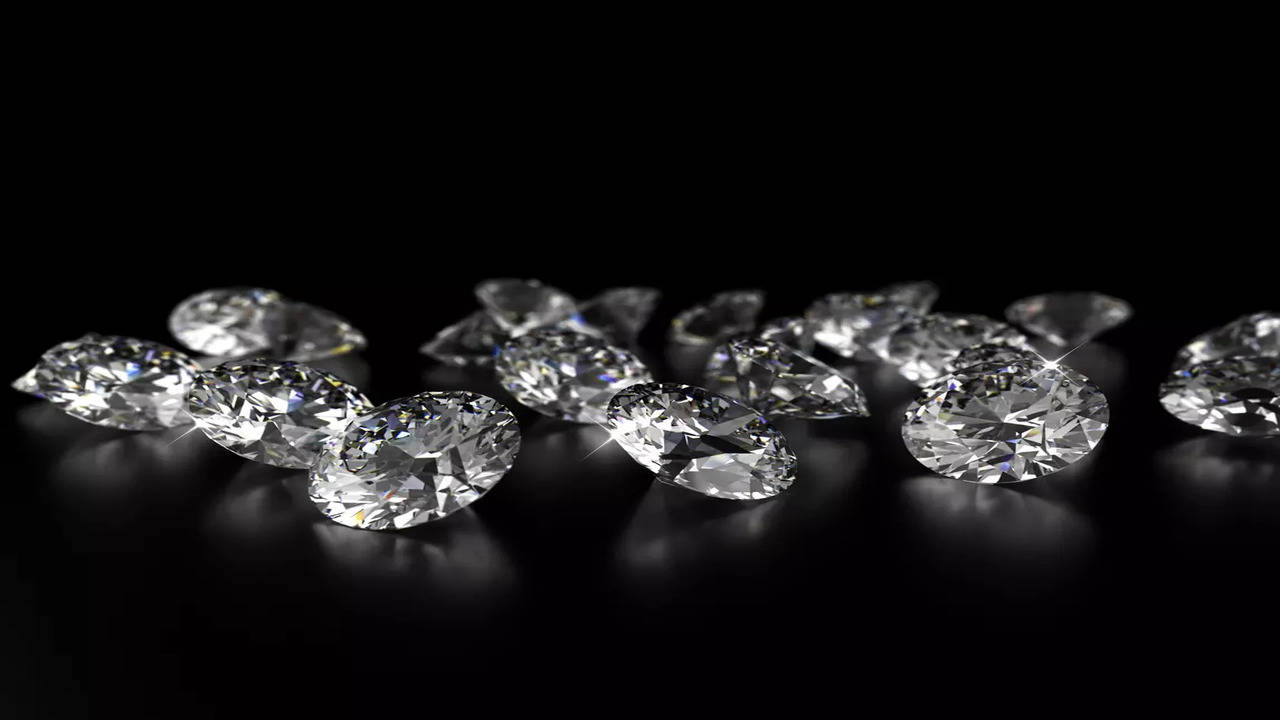One of the most important design elements in graffiti art is the arrow. Arrows express movement and energy. In her groundbreaking book “Tag Town”, Martha Cooper photographed vintage graffiti tags in her Washington Heights neighborhood, still visible from the early 1970’s to 1980’s (tags are those hard to read scribbles you see on mailboxes and other surfaces around most cities). Many of these tags contained arrows, as well as stars, hearts, numbers, and crowns. From studying the images of these early tags, we were able to determine that the complex variations of arrows we see in today’s advanced Wildstyle graffiti letterforms originated from simple graffiti tags.
An arrow is an internationally understood symbol that is used on signs to simply indicate direction, as in “Entrance” or “Exit”. In graffiti art, however, an arrow is a powerful, visual tool that is often combined with letters to give them motion and dynamism. An arrow guides the eyes of the viewer in a specific direction. An arrow can project out from any side of a letter, weaving in and out, backwards and forwards, and around in circles, across a two-dimensional surface, creating depth and rhythm. Graffiti artist Ezo says that every graffiti writer has his or her own arrow and it’s true: the variations and design possibilities of an arrow are endless. An arrow can be drawn in all shapes and sizes; thick and chunky or long and spindly, pointy or squared, single or with multiple ends. An arrow can organically follow the flow and direction of a letter, like a vine. Or it can blast off of the side from which it protrudes, like a missile, as in the artwork of “The Rammelzee”, known as Gothic Futurism.
So, early graffiti writers incorporated simple arrows and other basic design elements into their tags to make them stand out and grab attention. From that simple beginning, the arrow has evolved into a multi-faceted, complex and autonomous art object of its own. One New York artist and graffiti writer, Mare 139, actually creates beautiful, 3-dimensional sheet-metal sculptures that contain only arrows, with light and space as parts of his designs. We think arrows are a fascinating and diverse element of graffiti letterforms, providing artists and students with continuous possibilities for innovation and style. We totally love arrows.







